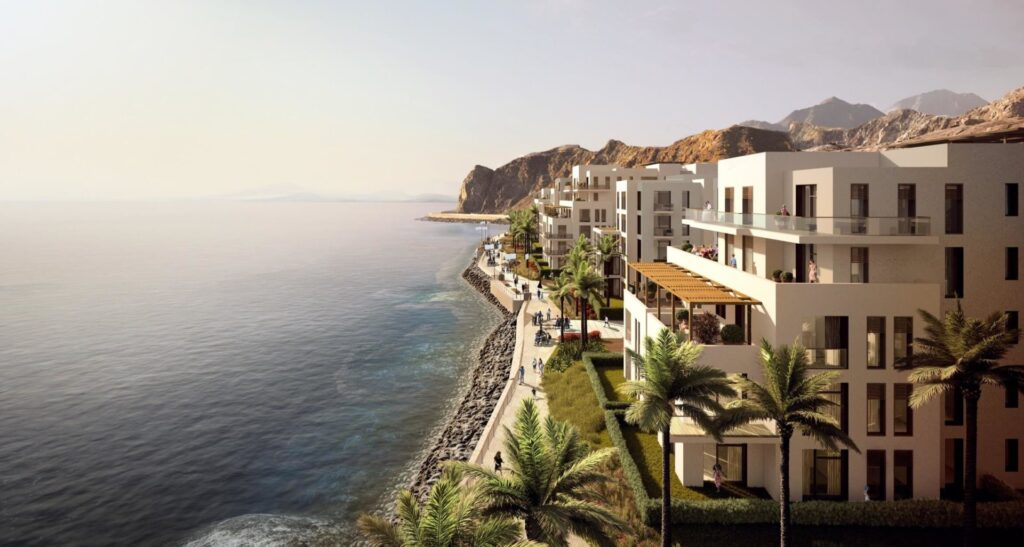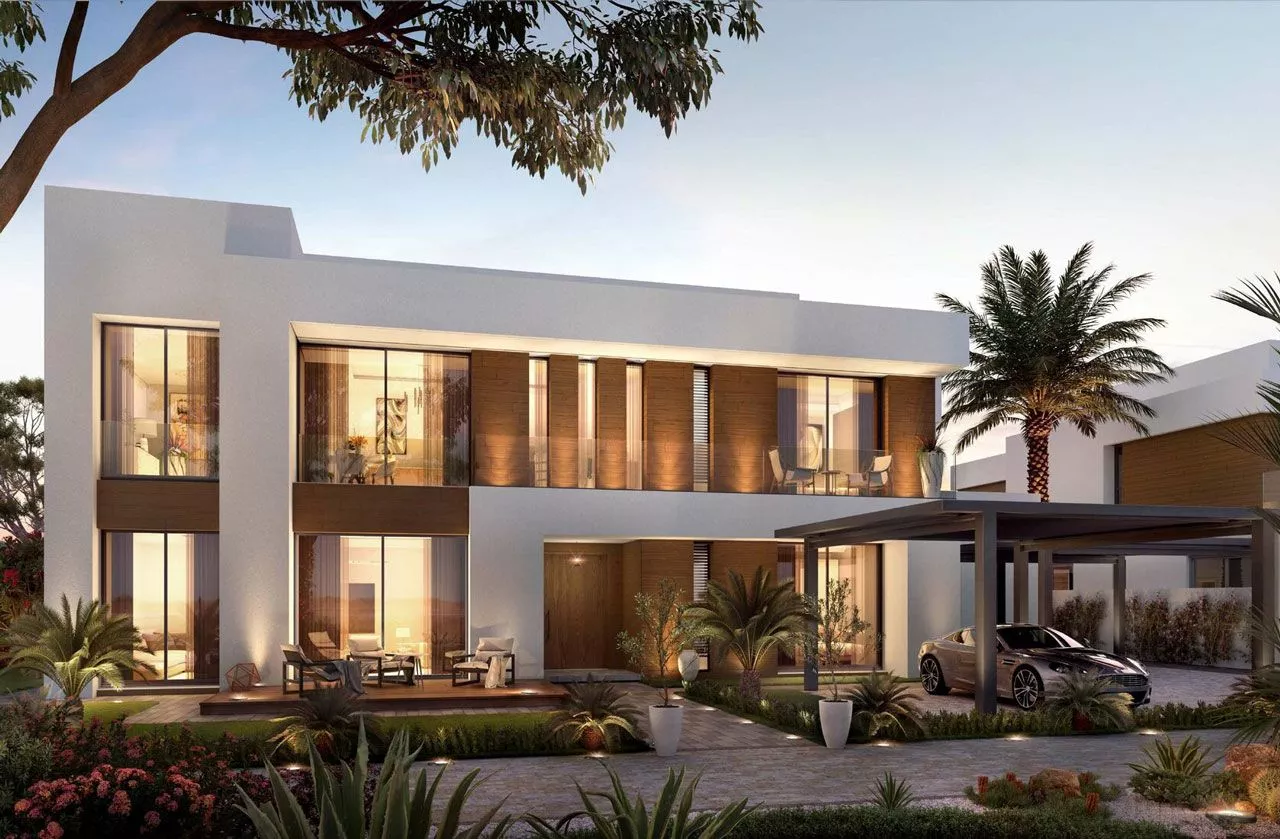Now Reading: Fujairah Real Estate: 6 Property Tax Insights for Mixed-Use Developers
-
01
Fujairah Real Estate: 6 Property Tax Insights for Mixed-Use Developers
Fujairah Real Estate: 6 Property Tax Insights for Mixed-Use Developers

Table of Contents
Fujairah, a growing emirate on the UAE’s east coast, presents a dynamic landscape for real estate development, particularly for mixed-use projects. While the UAE is renowned for its business-friendly environment and generally low taxation, developers venturing into Fujairah’s mixed-use sector need to understand the specific fees and tax implications.
Unlike many global markets, the UAE, including Fujairah, does not impose recurring annual property taxes. However, various transactional fees and Value Added Tax (VAT) rules are crucial to navigate.
For mixed-use developers, where a single project combines residential, commercial, and sometimes hospitality components, the tax landscape becomes a nuanced blend. Here are six key property tax insights to help developers ensure financial efficiency and compliance in Fujairah:
1. The Absence of Annual Property Tax: A Core Advantage
One of the most appealing aspects of investing in Fujairah’s real estate, mirroring the broader UAE approach, is the general absence of annual property taxes. This is a significant departure from many countries where property owners face ongoing tax burdens based on their property’s value. This “no annual property tax” policy aims to attract foreign investment and stimulate economic growth.
For developers, it means a lighter long-term financial commitment for property ownership, which can contribute to higher returns on investment. However, it’s vital to remember that this doesn’t imply a completely tax-free environment; other fees and taxes apply at different stages of a project’s lifecycle.
2. Property Transfer Fees: A Key Transaction Cost
While annual property taxes are typically absent, property transfer fees are a fundamental part of real estate transactions in Fujairah. When a property changes hands, whether it’s a plot of land or a completed mixed-use development, a mandatory transfer fee is levied. In Fujairah, this fee is generally 2% of the property’s sale price or market value, whichever is higher.
This fee is usually paid at the time of registration with the relevant land department. For mixed-use developments, this percentage applies to the entire value of the property being transferred. While the common practice is to split this fee between the buyer and the seller, the exact arrangement can be subject to negotiation within the sale agreement. Understanding this upfront cost is crucial for both budgeting and pricing strategies.
3. VAT on Commercial Components: A Differentiated Approach
The introduction of a 5% Value Added Tax (VAT) across the UAE in 2018 brought new considerations for real estate. For mixed-use developments, the application of VAT is not uniform across all components. Instead, it follows a differentiated approach based on the property’s intended use:
- Commercial Portions (e.g., retail, offices, hospitality): Sales and leases of commercial units within a mixed-use development are subject to 5% VAT. Developers are required to charge this VAT to buyers or tenants, who then pay it as part of the transaction. This applies to ongoing rentals as well, meaning landlords of commercial spaces must factor VAT into their rental agreements.
- Residential Portions (e.g., apartments, villas): Generally, the supply of residential properties is exempt from VAT. However, there’s a vital exception: the first supply (sale) of a newly constructed residential property by the developer within three years of its completion is zero-rated (0% VAT). This means while no VAT is charged to the buyer, the developer can still recover input VAT incurred on construction costs related to these units. Subsequent sales or leases of residential properties are VAT-exempt.
This dual VAT treatment necessitates careful accounting and segregation of revenues and expenses for mixed-use projects.
4. Input Tax Recovery and Careful Apportionment
For developers undertaking mixed-use projects, the ability to recover input VAT (VAT paid on goods and services used in the development) is a significant financial consideration. Developers can generally reclaim input VAT on costs related to the construction and development of the project. However, due to the mixed nature of these developments, input tax apportionment is critical.
- VAT paid on expenses directly linked to the commercial, VAT-taxable parts of the development can typically be fully recovered, provided the developer is VAT-registered and meets all requirements.
- Conversely, VAT on costs directly associated with the residential (VAT-exempt) portions is generally not recoverable.
- For shared or common costs, such as general construction expenses, infrastructure, or common area amenities, developers must establish a fair and justifiable method to apportion the input VAT between the taxable (commercial) and exempt (residential) components. This often involves using a proportional allocation method based on floor area, revenue, or a combination of factors. Accurate record-keeping and robust accounting practices are essential to avoid issues with the Federal Tax Authority (FTA). More information on VAT can be found on the official Federal Tax Authority website.
Fujairah is continuously modernizing its real estate framework to enhance transparency and protect stakeholder interests. Notably, Fujairah has recently enacted new laws, specifically Law No. 3 of 2023 on the Regulation of Joint Property Ownership and Law No. 4 of 2023 on the Regulation of Guarantee Accounts for Real Estate Development.
5. Evolving Laws on Joint Property Ownership and Guarantee Accounts
These laws have significant implications for mixed-use developers:
- Joint Property Ownership (Law No. 3 of 2023): This law clarifies rules for properties with multiple owners, which is common in mixed-use developments featuring apartments, offices, or retail units. It governs the management, maintenance, and common areas of such properties, outlining the rights and responsibilities of developers, owners’ associations, and individual owners. Developers must ensure their project structures and sales agreements align with these new regulations.
- Guarantee Accounts (Law No. 4 of 2023): This law introduces or strengthens the requirement for developers to establish guarantee accounts (escrow accounts) for real estate projects. These accounts hold funds paid by buyers, ensuring that the money is used solely for the construction and development of the specific project. This protects buyers’ investments and promotes trust in the market. Developers need to meticulously manage these accounts in compliance with the law’s provisions. Developers and related entities had a six-month window from the laws’ introduction to ensure compliance.
Staying updated with these legislative developments is paramount for smooth project execution and avoiding potential legal hurdles.
6. Corporate Tax Implications (with Real Estate Specifics)
The UAE introduced a 9% corporate tax on taxable profits exceeding AED 375,000, effective from June 1, 2023. This tax applies to business entities, including real estate development companies.
- Developers as Business Entities: If a mixed-use development is undertaken by a registered company, the profits generated from the sale or lease of the commercial components, and potentially the first sale of residential units (if structured to generate taxable income for the entity), may be subject to the 9% corporate tax on profits above the threshold.
- Exemptions for Individuals: It’s important to note that income derived by individuals from real property investment, such as rental income from personally owned properties, is generally not subject to corporate tax, provided it’s not connected to a licensed business activity.
- Calculating Taxable Profit: For developers, the corporate tax is applied to net profits after deducting allowable expenses. This includes construction costs, financing expenses, and operational overheads. Careful financial planning and tax advisory are crucial to optimize the corporate tax position. More details on the corporate tax can be found on the Federal Tax Authority’s corporate tax section.
Conclusion:
Fujairah’s real estate market offers promising opportunities for mixed-use developers. Its generally tax-friendly environment, particularly the absence of annual property tax, provides a competitive edge. However, success hinges on a thorough understanding of the intricate landscape of property transfer fees, the differentiated application of VAT on commercial versus residential components.
the rules surrounding input tax recovery, and the latest regulations on joint property ownership and guarantee accounts. Furthermore, developers operating as business entities must navigate the implications of the new corporate tax. By meticulously planning for these insights, developers can ensure compliance, manage costs effectively, and maximize the potential of their mixed-use ventures in Fujairah.
read more: Dubai Real Estate: 7 City Projects Aligned With UAE Tax Policy Changes






















